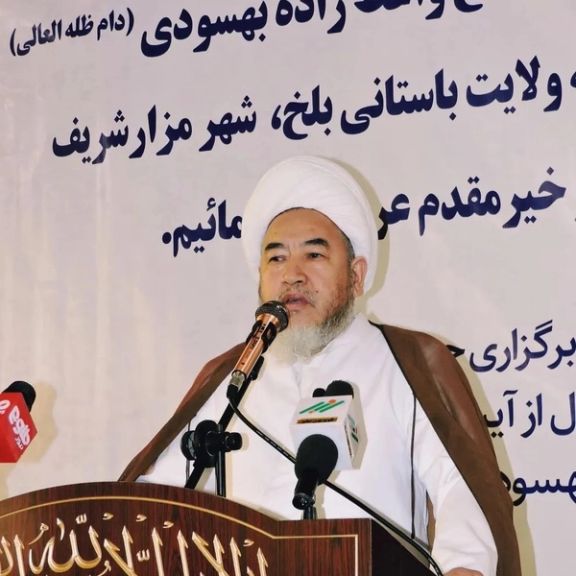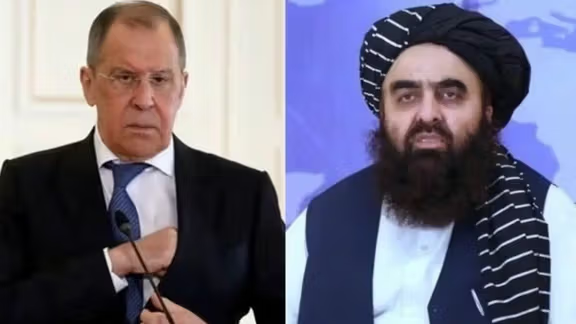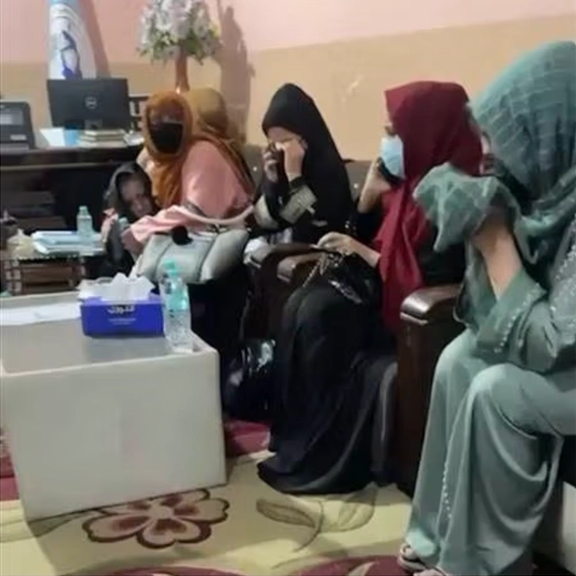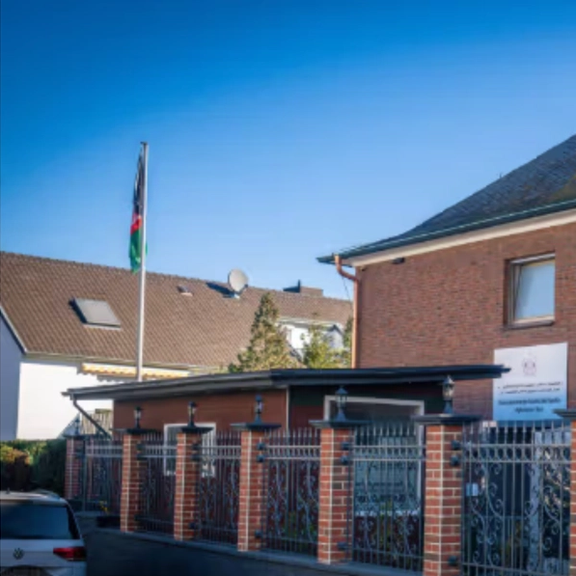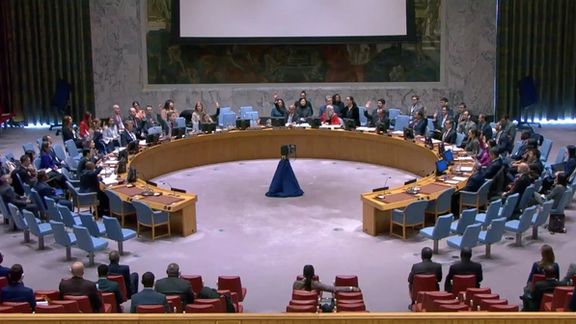Speaking at a “Kabul-NATO Dialogue” session in Canada’s parliament, Lüttenberg responded to criticism over Germany’s decision to allow Taliban-appointed diplomats to operate in the country. He emphasised that Berlin’s cooperation with the group is pragmatic and limited in scope.
His remarks came after Afghan civil activist Ejaz Malikzada criticised the German government for what he described as a double standard citing Germany’s acceptance of Taliban diplomats while taking a strong stance against Russia’s invasion of Ukraine.
Malikzada, who referred to the Taliban as a “terrorist group,” accused Germany of undermining its own values on human rights by engaging with the Taliban administration. “This is a betrayal of the principles Germany has long stood for,” he said.
The session was attended by Afghan activists, journalists, Canadian lawmakers, and Western diplomats.
Taliban Diplomats Accepted in Germany
Diplomatic sources recently told Afghanistan International that the German government has granted visas to two Taliban-appointed diplomats to work at the Afghan embassy in Berlin and the consulate in Bonn.
German officials later confirmed the move, explaining that the appointments were part of a practical arrangement to facilitate deportation flights for Afghan nationals with criminal records.
German government spokesperson Stefan Cornelius said the decision aims to enable the repatriation of a larger number of deportees. The Taliban appointees, identified as Sayed Mustafa Hashimi and Nibras-ul-Haq, will be stationed in Berlin and Bonn.
Germany recently deported 81 Afghan nationals classified as criminals back to Kabul.
Despite the move, Berlin maintains that it does not recognise the Taliban as the legitimate rulers of Afghanistan and continues to support human rights, democratic governance, and inclusive representation in the country.


